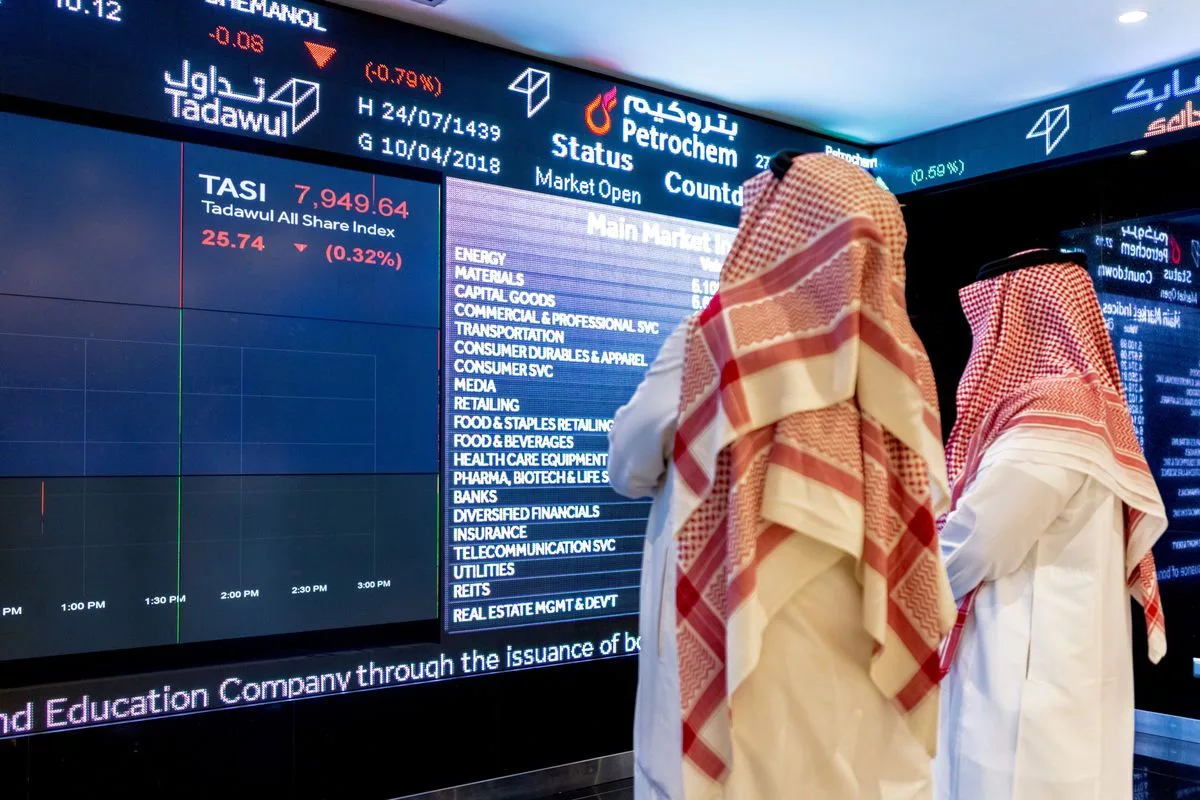Following gains in 2022 for the majority of investors, major Gulf stock markets were neutral on Monday as they prepared for the new year amid concerns about a future recession, petroleum demand, and the U.S. Fed raising interest rates further.
Five of the Gulf Cooperation Council countries have their currencies solely pegged to the dollar and closely follow U.S. monetary policy, while Kuwait’s dinar is linked to a basket of currencies thought to be dominated by the dollar. As a result, these nations are at the mercy of Fed policy decisions.
The IMF issued a warning on Sunday, predicting that 2023 will be a challenging year for most of the global economy as the primary drivers of growth, the United States, Europe, and China, all see slowing activity.
IMF Managing Director Kristalina Georgieva predicted that the coming year would be “tougher than the year we leave behind” on the CBS Sunday morning news show “Face the Nation.”
Fears of a recession and COVID-19 flare-ups in China are projected to keep pressure on crude prices in 2023, which are heavily tied to the Gulf financial markets. These factors could counteract the impact of supply shortages brought on by Russian sanctions.The district cooling company Emirates Central Cooling Systems Corporation (Empower) (EMPOWER.DU) lost 1.4%, the Dubai Electricity & Water Authority fell 0.9%, and index heavyweight Saudi Aramco (2222.SE) eased 0.5%, contributing to a 0.2% decrease in Dubai’s main share index (.DFMGI).
However, following the Sunday signing of a deal for 77 million riyals ($20.48 million) with the Emirate Of Najran Province, Etihad Atheeb Telecom (7040.SE) saw a more than 9% increase.
(1 dollar = 3.7590 riyals)

